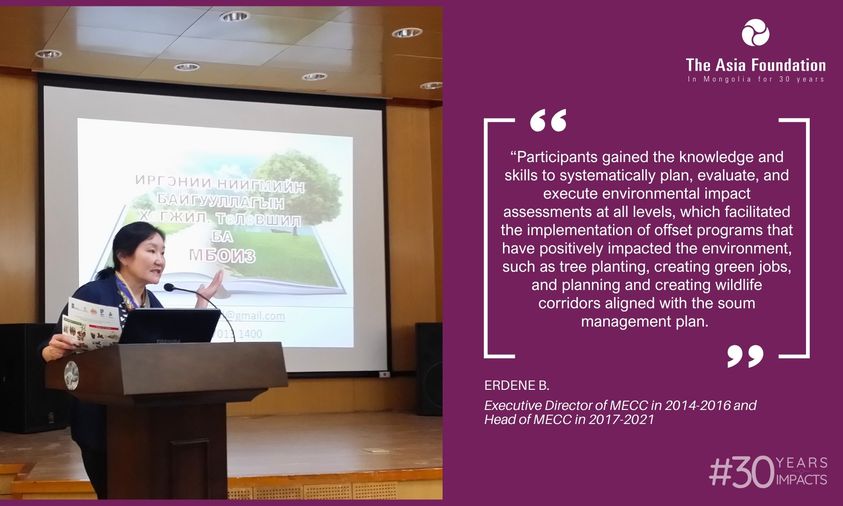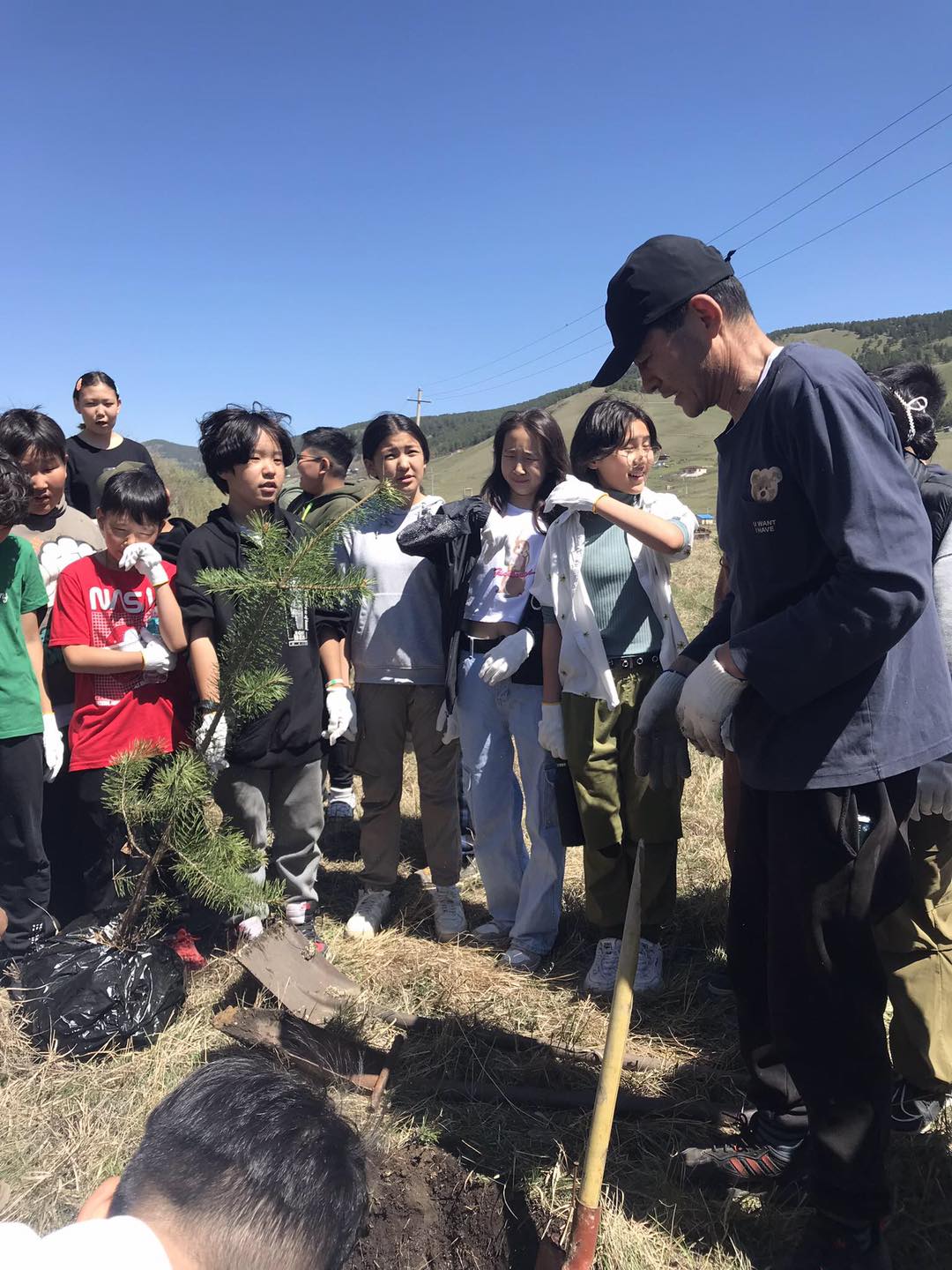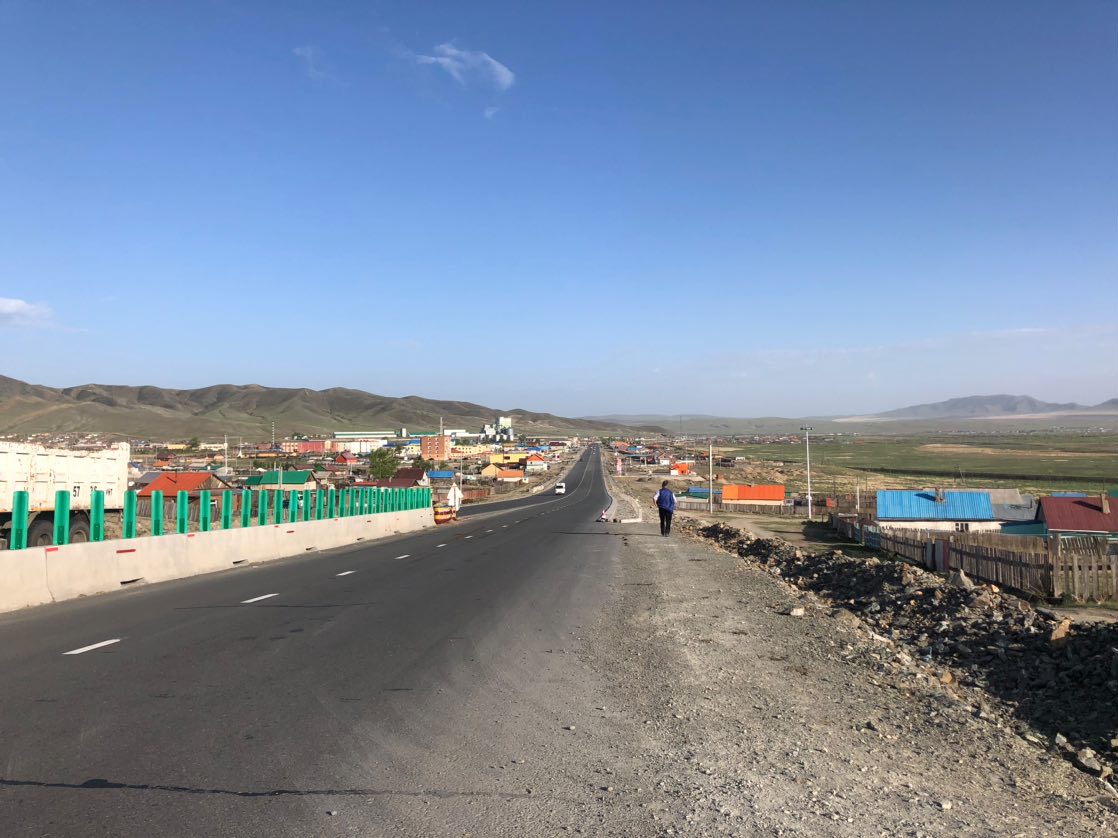Leading Environmental Conservation
The Environmental Protection Law of Mongolia includes a provision for “Biodiversity Offsets.” Since its introduction, there have been challenges in implementing this provision due to differing interpretations and a limited understanding among local officials and companies. Consequently, this knowledge gap has resulted in environmental degradation. A team of industry experts and researchers conducted a comprehensive training program as part of The Asia Foundation’s Engaging Stakeholders in Environmental Conservation II project. The training focused on engaging local communities and stakeholders in environmental conservation efforts and developing environmental management plans across thirty soums in nine aimags. Additionally, in 2015, the project organized an international conference titled Lessons from International Experiences on Biodiversity Offsets, which brought together more than 220 officials and industry experts. As a result, participants from the public and private sectors gained the knowledge and skills to systematically plan, evaluate, and execute environmental impact assessments at all levels, which facilitated the implementation of offset programs that have positively impacted the environment. For instance, within the scope of the offset program aligned with the soum management plan, we implemented various initiatives, including tree planting, creating green jobs, and planning and creating wildlife corridors. Erdene Batzorig served as the Executive Director of the Mongolian Environment Civil Council (MECC) in 2014-2016 and later as the Head of MECC in 2017-2021Engaging Stakeholders in Environmental Conservation II (ESEC II) project, 2013-2016, funded by the Swiss Agency for Development and Cooperation (Swiss Cooperation in Mongolia) and implemented by The Asia Foundation. Монголын Байгаль Орчны Иргэний Зөвлөл#30years30impacts#TheAsiaFoundationMongolia











